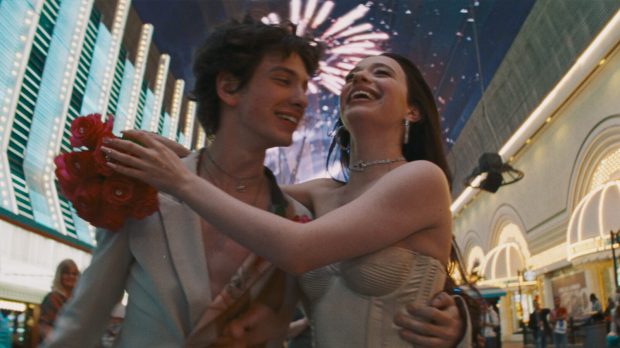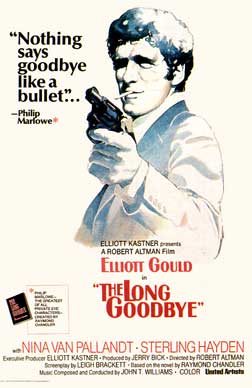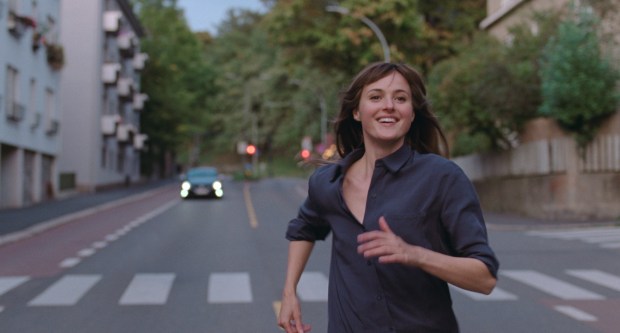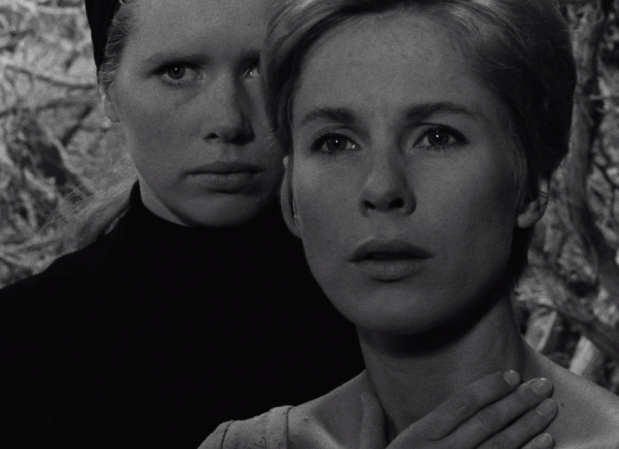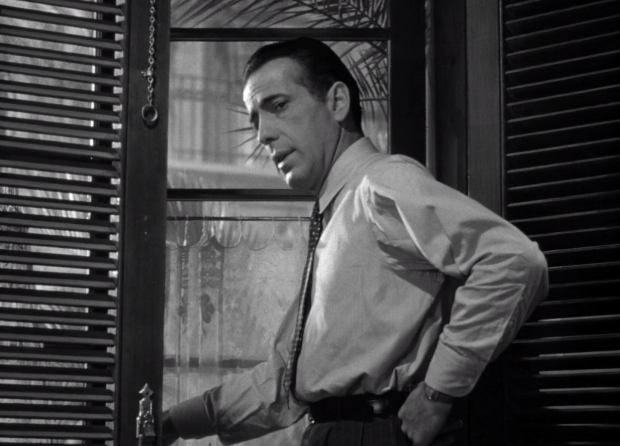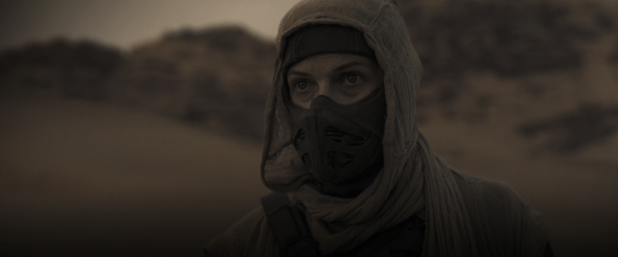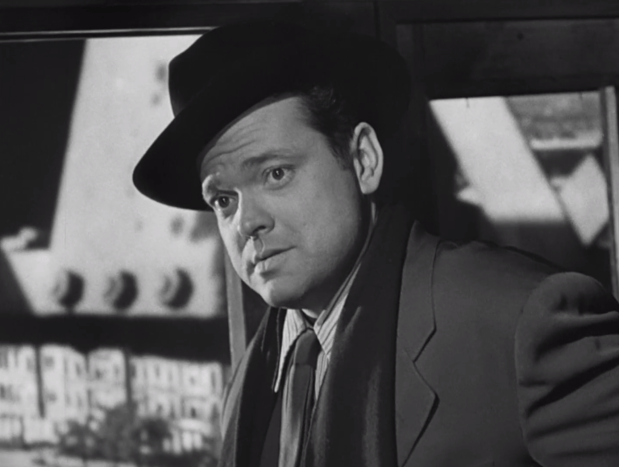In “Worst Best Picture” we search every single Best Picture Oscar winner of all time from 1927 to present to uncover the worst of them all. Conventional wisdom says that 2005’s winner Crash is the worst winner in history. We won’t stop until we’ve tested every last one. Read the the first, our review of Crash, here. Posts will be relatively spoiler free, but there may be some details revealed. Today’s installment is the 2025 winner Anora. Is it better than Crash?
It has been a few years since something truly shocking won. I’d say the win for CODA win was shocking, and I still think they got that one wrong even if they picked a movie most people at least sorta liked. That seemed like the recipe for this year, which is why I expected Conclave until the awards for Anora started pouring in.
I saw Anora in theaters and thought it would win when I saw it. I thought it had a messy second act and wasn’t necessarily perfect, but it was the kind of movie that wins Best Picture nowadays and that lead performance from Mikey Madison was undeniable. I bumped it down several rungs as I saw other movies, but right in that moment, it seemed like a lock.
I think the best movie of the year was The Brutalist and it isn’t particularly close. I’ve heard a lot of people say that the second half drags too badly and it’s a widely shared opinion to the point where I have to give it some level of respect, but I was floored by it from start to finish. I think it’s a towering achievement and there’s no level of hyperbole that’s too grand. It’s not the best movie ever, or anything silly like that, but it’s one of the most beautiful and I was awestruck by it, for hours and hours. It is long, and that is probably what did it, but if you’ve been waiting to see it let me implore you to do so.
I loved most of this year’s crop. Last year was a generational year for the Oscars, but I think there were only two bad movies that got a lot of love this year: Wicked and Emilia Pérez. I mostly thought Wicked was bloated and boring rather than bad and you don’t need me to tell you about the other one. They went a combined 4 for 23 on the night. Conclave and A Complete Unknown, two fine movies that have some pacing and structural problems but are beautifully performed, went 1 for 16. The story of this year was that Anora won big and most other movies won an award or two or got blanked, hard.
That’s unusual for the Oscars and I attribute it mostly to a lack of an obvious frontrunner. Anora ended up in that spot, but I don’t think most people were predicting such a haul or for some of these others to fall so flat. It speaks to me of a trend that’s been happening in the Oscars over the last decade or so of a rising middle, where the 5th and 6th options for Best Picture are much better than the middle rankings for most years in the preceding decade. The real accomplishment will be when they stop nominating bad or middle-of-the-road stuff, but it’s a big step forward that most everything nominated most years now is an actual stamp of quality and not a reward for box ticking.
So, Anora, where to start? Demi Moore not winning Best Actress is a big surprise, but Mikey Madison is an absolute gem in Anora. Director Sean Baker said that we wouldn’t have Anora without her supporting role in Once Upon a Time in Hollywood, but I know her mostly from her work as the oldest daughter on the Pamela Adlon show Better Things. Madison’s character there is constantly rebelling against her mom and is designed to be frustrating, but realistic, and it actually brings a lot of range and heart to a show that sometimes could be difficult to watch. You can see a lot of that in her Ani character in Anora.
Anora is the story of a woman finding and losing love, but that’s a reductive read on it. I don’t think any summary will do it justice and it’s a movie everyone should watch, even if I don’t think it’s perfect. Much like Emma Stone last year in Poor Things, it’s a movie that needs the central female lead to be impossibly perfect in every scene for the whole thing to hold together. Madison gives the movie a tone that it wouldn’t have without her, brutally reflecting the world rather than being morphed or crushed by it. She is in almost every frame and needs to be, as every element of this world only matters because of how she responds to it.
Anora winning for screenplay and actress makes much more sense to me than for the overall award. Once Ani realizes her relationship with a Russian rich tyrant child isn’t going to actually be something meaningful, the movie becomes a search for him that eats up about half of the second act. This feels long and repetitive and I don’t think there’s any argument for it being a mistake to do it this way. You do need to feel the length, because it taking so long reinforces to Ani and to the viewer that he’s not wandering, he’s trying to not be found. That’s crushing more than some act of rebellion and it ultimately informs Ani’s response, but we surely don’t need this level of tension popping to do that.
There will be a lot of discussion about the ending. I don’t want to spoil it, but I think anyone who reads that as insulting isn’t reading it the way I do. The entire movie is about someone pushing against this idea of society’s easy answers, which I think is part of what makes this such a refreshing movie. The ending continues that idea. Your walls may or may not come down, but you know what’s actually being offered and what isn’t, and that’s the sad truth of Ani’s character and something I love about how she handles every situation.
I think Anora is the movie for the moment, which is why, like CODA, I guess, in retrospect, of course it had to win. I think The Brutalist, Dune Part 2, and I’m Still Here are better choices, but rewarding a realistic, furious, insistent response to a world that will never give you what you want or are worth is a message that resounds. The modern Oscars are more afraid of being wrong than interested in being right, and that not leading them to Conclave is my surprising moment of the night, but one that I can get behind even if I liked Conclave well enough.
The Best Part: Ani seducing her way into a guy’s heart (sorta) is a joy to watch, but it has to be the fight scene. After he runs away when confronted with his father’s goons she’s left to fend for herself like a wild animal in a trap. It’s incredible and that scene could have been a whole movie.
The Worst Part: I said it earlier, but the search for her husband goes on so long. In the theater I felt the weight of it and I actively felt it diminishing my love for a movie that I was starting to truly get into. It feels so crazy, especially after the ending, that they didn’t trim that down.
Is It Better or Worse than Crash? We escape again, one more year, as Anora is much, much better than Crash. This year was looking dicey for a little bit, as Emilia Pérez was in so many discussions this year being compared to Crash! It is a truly awful movie with bizarre choices and terrible performances and ridiculous songs and offensive politics, no matter what you believe, and seems almost designed in a lab to make people angry, but even that I don’t think is as cynical as our namesake disaster. I would have entertained a discussion for Hillbilly Elegy, but Emilia Pérez, as bad as it undeniably is, has some moments and is clumsily trying to make a more elegant point. It does not do so, but this is a year where none of the options could have dethroned the king. Anora doesn’t come close.
Worst Best Picture Archives: Crash | Terms of Endearment | Forrest Gump | All About Eve | The Apartment | No Country for Old Men | Gentleman’s Agreement | 12 Years a Slave | The Last Emperor | The Silence of the Lambs | The Artist | A Man for All Seasons | Platoon | The Lord of the Rings: The Return of the King | The King’s Speech | Rain Man | The Departed | The Bridge on the River Kwai | Marty | Gigi | It Happened One Night | Driving Miss Daisy | Shakespeare in Love | Wings | Midnight Cowboy | Rocky | Gone with the Wind | Chicago | Gladiator | Cavalcade | The Greatest Show on Earth | You Can’t Take It With You | The Best Years of Our Lives | The Godfather| Casablanca | Grand Hotel | Kramer vs. Kramer | The French Connection | In the Heat of the Night | An American in Paris | Patton | Mrs. Miniver | Amadeus | Crash, Revisited | How Green Was My Valley | American Beauty | West Side Story | The Sting | Tom Jones | Dances with Wolves | Going My Way | The Hurt Locker | The Life of Emile Zola | Slumdog Millionaire | The Deer Hunter | Around the World in 80 Days | Chariots of Fire | Mutiny on the Bounty | Argo | From Here to Eternity | Ordinary People | The Lost Weekend | All the King’s Men | Rebecca | A Beautiful Mind | Titanic | The Broadway Melody | The Sound of Music | On the Waterfront | Unforgiven | Million Dollar Baby | My Fair Lady | Hamlet | Braveheart | Oliver! | The English Patient | Lawrence of Arabia | Cimarron | One Flew Over the Cuckoo’s Nest | All Quiet on the Western Front | The Great Ziegfeld | Out of Africa | Schindler’s List | Gandhi | Ben-Hur | The Godfather Part II | Annie Hall | Birdman or (The Unexpected Virtue of Ignorance) | Spotlight | Moonlight | The Shape of Water | Green Book | Parasite | Nomadland | CODA | Everything Everywhere All at Once | Oppenheimer | Anora
Alex Russell lives in Chicago and is set in his ways. Disagree with him about anything at readingatrecess@gmail.com or leave a comment on this page.
